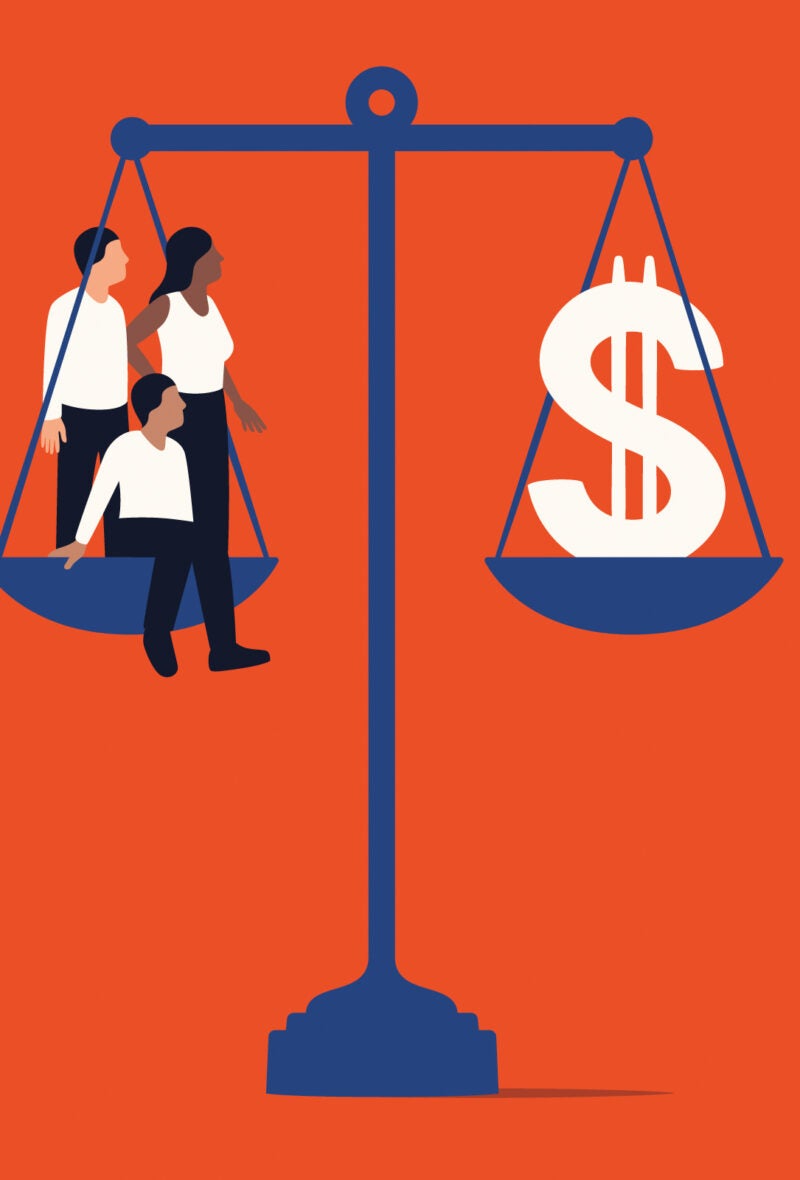It hardly seems possible, but HLS Professor Cass Sunstein ’78 argues that for all their differences, every president since Ronald Reagan has agreed on one fundamental principle of government. That is, “No action may be taken unless the benefits justify the costs.” Sunstein identifies President Reagan as the main architect of this concept, and he credits the president he served under, Barack Obama ’91, with cementing what he calls “the cost-benefit revolution,” which is also the title of Sunstein’s new book, published last summer by MIT Press.
Sunstein, who was administrator of the White House Office of Information and Regulatory Affairs, contends in the book that the revolution—made possible by experts who answer difficult questions of fact—both increases welfare and respects individual autonomy. Some of the facts may seem cold, such as calculating the value of human life in order to assess the benefits of regulation, yet are often necessary to make choices that benefit a large population.
For areas where people perceive the possibility of serious harm, such as the environment, privacy and national security, they may embrace the “precautionary principle,” a willingness to incur costs because it is better to be safe than sorry. But Sunstein writes that precautions themselves can create risks. Instead, he says we should avoid gratuitous costs (for example, regulation that may save a small number of lives while costing more than a billion dollars), illicit grounds (such as using surveillance on people because of their political views) and using worst cases to drive policy.
Sunstein celebrates a “technocratic conception of democracy,” in which government officials focus on “the magnitude of relevant events, with lots of numbers.” That would mean an official who believes in environmental regulation would eschew one that costs a lot of money and provides limited benefits, just as someone who dislikes regulation would embrace one that prevents premature deaths at limited costs. He acknowledges that a cost-benefit analysis can’t provide total insight into improving human welfare, which should be the ultimate goal of public policy. At the same time, cost-benefit analysis has been extremely successful in saving lives and money, he writes, even if the revolution isn’t finished.
